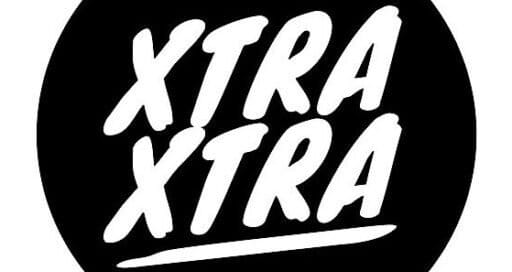 Is It a Scam or Legit? Find Out Now!
Is It a Scam or Legit? Find Out Now!
Ah, the age-old question that has plagued humanity since the dawn of the internet: is it a scam or legit? We’ve all been there, clicking on a suspicious link or receiving an email promising us untold riches in exchange for our credit card information. It’s enough to make even the most seasoned internet user question their own sanity.
But fear not, dear reader, for I am here to guide you through the treacherous waters of online scams and help you discern the legit from the fraudulent. So, grab your detective hat and let’s dive in!
Now, before we embark on this perilous journey, it’s important to establish some ground rules. First and foremost, never underestimate the power of skepticism. If something seems too good to be true, it probably is. Remember, no Nigerian prince is going to randomly email you asking for your bank account details in exchange for a small fortune. Sorry to burst your bubble, but that’s just not how the world works.
Next, let’s talk about those pesky pop-up ads that seem to haunt every corner of the internet. You know the ones I’m talking about – the ones that promise you a free iPhone or a chance to win a million dollars. Well, my friend, I hate to break it to you, but those ads are about as trustworthy as a politician’s promise. They’re designed to lure you in with their flashy graphics and enticing offers, but in reality, they’re just a clever ploy to steal your personal information. So, the next time you see one of those ads, do yourself a favor and close that tab faster than you can say “scam alert!”
Now, let’s move on to the world of online shopping. With the rise of e-commerce, it’s easier than ever to buy things with just a few clicks of a button. But with great convenience comes great responsibility. Before you hand over your hard-earned money to an online retailer, take a moment to do some research. Look for customer reviews, check if the website has a secure payment system, and make sure they have a valid return policy. These simple steps can save you from falling victim to a scam and ensure that your online shopping experience remains scam-free.
But what about those work-from-home opportunities that promise you a flexible schedule and unlimited earning potential? Are they too good to be true? Well, my friend, the answer is a resounding “maybe.” While there are certainly legitimate work-from-home opportunities out there, there are also plenty of scams disguised as legitimate job offers. So, how can you tell the difference? Look for red flags such as upfront fees, vague job descriptions, and promises of overnight success. Legitimate work-from-home opportunities will require some effort and time, just like any other job. So, if it sounds too easy, it’s probably a scam.
Now, let’s address the elephant in the room – cryptocurrency. With its meteoric rise in popularity, it’s no wonder that scammers have flocked to this new frontier. From fake initial coin offerings (ICOs) to Ponzi schemes, the world of cryptocurrency is rife with scams. So, how can you protect yourself? First and foremost, educate yourself. Understand how cryptocurrencies work, familiarize yourself with reputable exchanges, and never invest more than you can afford to lose. Remember, while there may be legitimate opportunities to make money in the crypto world, there are also plenty of scammers looking to take advantage of the uninitiated.
Finally, let’s talk about phishing scams. These sneaky little devils are designed to trick you into revealing your personal information, such as passwords or credit card details. They often come in the form of emails or text messages that appear to be from a legitimate source, such as your bank or a popular online retailer.
But fear not, dear reader, for there are ways to protect yourself. First and foremost, never click on suspicious links or download attachments from unknown sources. Instead, go directly to the website in question typing the URL into your browser. And remember, your bank will never ask you to verify your account details via email or text message. So, if you receive such a request, it’s safe to assume it’s a scam.
In conclusion, the internet can be a treacherous place, filled with scams and fraudulent schemes. But armed with a healthy dose of skepticism and a willingness to do some research, you can navigate these murky waters and emerge unscathed. So, the next time you come across an offer that seems too good to be true, take a step back, put on your detective hat, and ask yourself: is it a scam or legit? And remember, dear reader, the power to protect yourself lies in your hands. Stay safe and scam-free!
Podcast: Play in new window | Download (Duration: 20:11 — 27.7MB)

 Is It a Scam or Legit? Find Out Now!
Is It a Scam or Legit? Find Out Now!